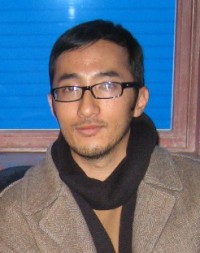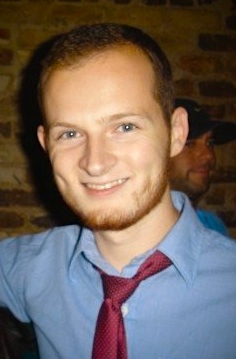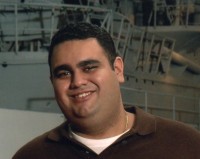Melissa Rossi won a Student Academy Award for her university thesis film. That success prompted her to move to Los Angeles to begin a career as a writer/director. But she wasn’t ready.
She writes in to discuss what she wishes she had known, and what she’s doing differently to be ready the next time.
—
![]() Back in 2005, I won a Student Academy Award for the thesis film I made at the Florida State University Film School. I had just moved to LA, just learned the real meaning of traffic, and had just added the word IKEA to my vocabulary. While I had the utmost confidence in actual technical filmmaking — I felt comfortable holding a boom pole, scheduling a film, and working with actors — I knew very little about the industry itself.
Back in 2005, I won a Student Academy Award for the thesis film I made at the Florida State University Film School. I had just moved to LA, just learned the real meaning of traffic, and had just added the word IKEA to my vocabulary. While I had the utmost confidence in actual technical filmmaking — I felt comfortable holding a boom pole, scheduling a film, and working with actors — I knew very little about the industry itself.
 [Read more…] about Missed opportunities and second chances
[Read more…] about Missed opportunities and second chances

 I want to stress my beginnings here because I know that for many of you, getting to L.A. is the battle before the battle. I think many of John’s readers may have a sensation similar to what I felt in the time I read this blog before I moved to L.A., and that’s one of isolation. In the middle of reading all this talk about getting an agent, pitches, script revisions, options, treatments, and copyrights, many of you probably feel left apart entirely from the ability to act on your ambitions. I know I did.
I want to stress my beginnings here because I know that for many of you, getting to L.A. is the battle before the battle. I think many of John’s readers may have a sensation similar to what I felt in the time I read this blog before I moved to L.A., and that’s one of isolation. In the middle of reading all this talk about getting an agent, pitches, script revisions, options, treatments, and copyrights, many of you probably feel left apart entirely from the ability to act on your ambitions. I know I did.